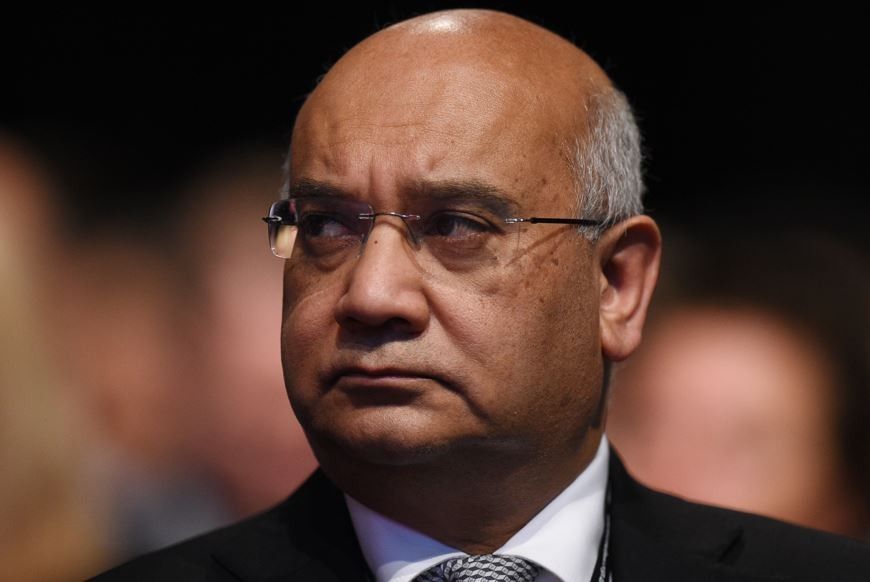THE body which regulates universities will investigate the handling of complaints by more than 80 Indian students that they were victims of racism and discrimination, Eastern Eye can reveal.
Eastern Eye reported last week that the learners all failed one module, and that the students were unhappy with the way they were taught, as well as feedback they received from staff at Leicester’s De Montfort University (DMU).
The former Leicester East MP and Europe minister, Keith Vaz, has been fighting to get answers for the engineering master’s students.
The chair of the Office for Students (OfS), Lord (James) Wharton, has now written to him confirming his colleagues will ask DMU for an explanation.
“The information that you provided alongside your letter was passed immediately to our regulation team,” wrote the Conservative peer. “I also understand that, since your letter, the OfS has been contacted by at least seven of the affected students directly.
“My colleagues are assessing all of the information sent by you and the students themselves to assess whether we have concerns related to our conditions of registration. “We use all of the information shared with us, to build a picture of the risks posed to students and consider what, if any, regulatory action may be appropriate.”
The OfS cannot get involved when it comes to individual disputes between students and universities, but it is taking the unusual step of stepping in, said its chair.
“On this occasion, we have decided it is appropriate for us to engage with the provider more broadly regarding its investigation into the matter.”
Unanswered questions
Over the past month, Vaz has written three times to the vice chancellor, Professor Katie Normington.
Eastern Eye revealed that the former minister had asked her to meet all the students who complained, because they were disappointed by the vice chancellor’s response.

“It does not address the key points they have raised,” wrote Vaz. “It also does not give any details of the investigation and who conducted it; the number of students who are aggrieved has grown since my first letter to you.
“The reason why other agencies have been involved is because the students themselves felt the system you have in place at DMU does not give them the opportunity to be properly and independently heard.”
The former minister asked the university head for the report she had commissioned into their complaints.
Eastern Eye understands the vice chancellor has not responded to his last letter.
Three questions were put to the university by Eastern Eye:
- Will you carry out a thorough investigation into why so many Indian students failed one particular module?
- Will the three questions meet all 83 students and listen to their concerns?
- How will you respond to the OfS?
The university refused to answer them.
Instead, a spokeswoman repeated a response Eastern Eye received after the publication of the story last week, including the contention that, “De Montfort University operates clear, independent and rigorous assessment processes, and we strongly refute these allegations.”
‘Robust procedures’
The spokeswoman repeated that the university had “robust procedures for grading” including “marking by a first internal examiner, moderation of a sample of the work by a second internal examiner, a subsequent review by an examiner external to the university, and a final submission to an assessment board for full ratification of the marks.”
But she would not or could not answer why so many Indian students – more than 80 – had failed in the same module in the first place.
Eastern Eye also revealed that some students complained they were told all their subjects were compulsory only after they arrived in the UK, even though DMU marketed the module where they failed as optional.
They have complained to the Competition and Markets Authority (CMA).
In the past, the CMA has “cautioned” UK universities for breaching its rules on what they advertise to recruit students and what they actually deliver.
A DMU spokeswoman said, “When we changed the status of one module from an optional to a core module, we did so following the correct university process and made all students on the course aware at the earliest opportunity.
“We also informed those starting later in the year about the change before they began at DMU.
“We received no complaints from students in response to these communications.”

